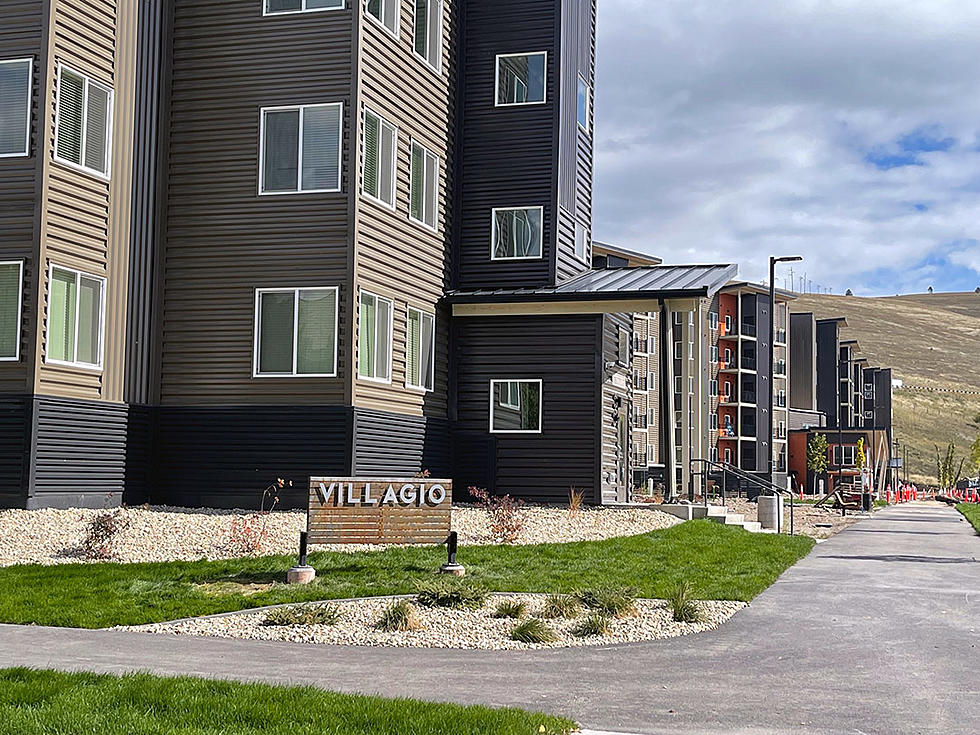
Missoula Housing Authority sees progress in affordable housing
Benjamin Rubin
(Missoula Current) Sam Oliver, executive director of the Missoula Housing Authority, has led a busy team for the past year, working with an $18 million annual budget, over $70 million in assets and 42 employees.
Through the work of MHA, the city has never before seen new affordable units open up at the recent rate – and amid “unsustainably high” housing costs.
“We are currently introducing 402 new units to the market,” Oliver said. “Over time, MHA has averaged about 20 new units every year. So 402 units represents, if you’re thinking linear fashion, 20 years worth of capacity.”
Address the City Council last week, Oliver spoke of the newly developed Trinity Apartments and the Villagio, now opening its doors to Missoula residents struggling to afford housing. The residents include a veteran who was previously homeless in Hamilton.
Trinity is now close to 80% approved move-ins, with applications verified for nearly all the units, Oliver said. The Villagio has about 50 people moved in, but around 100 applications are still in review, he added.
Oliver said many of MHA’s programs are designed to offer support to low-income Missoula residents. The voucher program, a rental subsidy system that allows residents to pay 30% of their income toward housing, helps over 1,000 households.
Overall, Oliver said MHA has roughly 1,200 rental-restricted apartments, in which families pay costs much lower than market rates.
The association also provides permanent supportive housing spread across 30 units in Blue Heron Place, which also is included at the Trinity Apartments. In these units, chronically homeless and disabled residents get housing assistance alongside other support systems like case management.
Connected to these programs, Oliver said MHA’s family self-sufficiency program works to help households move forward financially.
While giving his update, Oliver did not shy away from the City Council’s questions on some of the challenges MHA still faces, even during a time of historic progress.
“A lot of you may be hearing about delays and how long it takes,” Oliver said. “This is very arduous work. We have to go through a lot of income verification, employment verification, and a lot of that is incumbent upon folks getting back to us.”
In order to handle the volume of applicants, MHA has worked with a third party agency. But to avoid the loss of individual considerations for each applicant when using a third party, MHA staff try to create further opportunities for applicants to get help with their paperwork, Oliver said.
Other circumstances limit MHA’s ability to help people at a larger scale, Oliver pointed out, like the annual funding the organization gets from the Department of Housing and Urban Development for housing vouchers.
Still, the city is seeing a tangible shift with new development.
“I’m really excited that all these units are coming online. It's definitely making a noticeable difference in our community,” said council member Heidi West.
